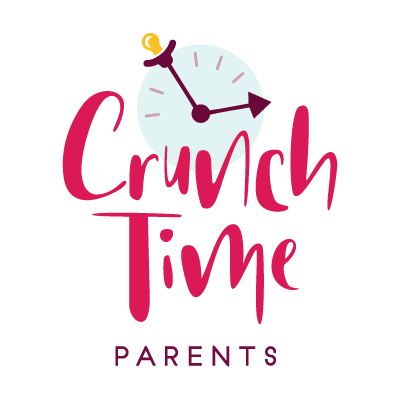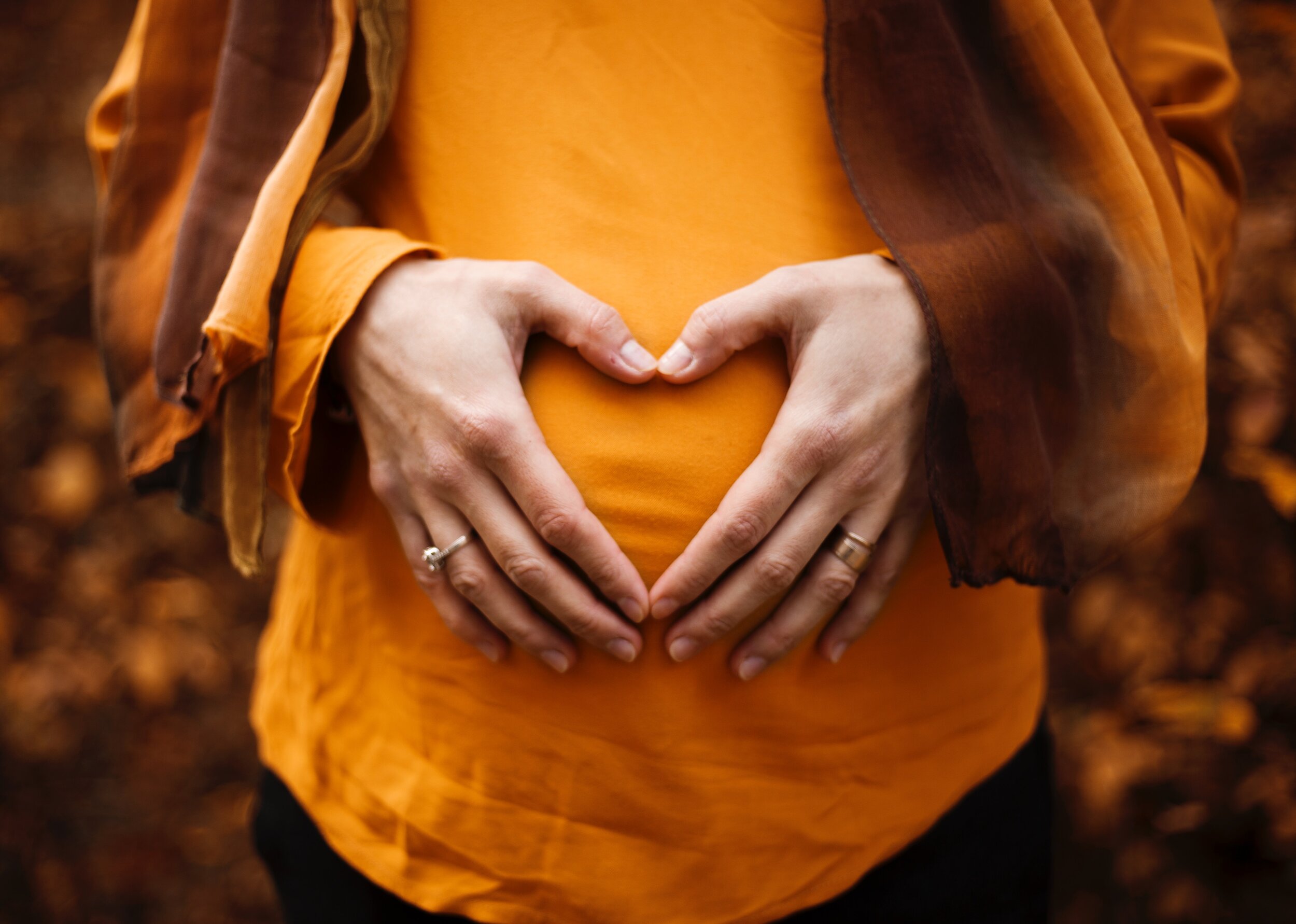The Astonishing (and Good) News About Having Kids After Age 35
/In case you missed it the first time, The Atlantic's "How Long Can You Wait to Have a Baby?" is worth a read. It makes the refreshing, evidence-based argument that conceiving after age 35 isn't that much harder than conceiving in your 20s or early 30s, despite all the neverending hype to the contrary.
"The widely cited statistic that one in three women ages 35 to 39 will not be pregnant after a year of trying...is based on... French birth records from 1670 to 1830," as The Atlantic's Jean Twenge points out. So yeah, popular notions about when and how women should plan to have a family revolve around questionable research dating back two or three centuries. Thanks, science. These outdated stats persist even in an era when, as Slate recently reported, women having kids in their 30s are now outnumbering new moms in their 20s.
More recent data about conception at advanced maternal age turns out to be far more promising than the 17th-century numbers we've been beaten over the head with. Twenge goes on to note that "Surprisingly few well-designed studies of female age and natural fertility include women born in the 20th century—but those that do tend to paint a more optimistic picture." Indeed: Fully 82 percent of women in their late 30s will conceive within a year of trying, compared to 86 percent of women 20-34. So that difference is just four percentage points, not nearly as much as all those "baby panic" books and articles would have you believe. There's even more encouraging news and perspectives for older moms too, so the entire article is worth a read.



















